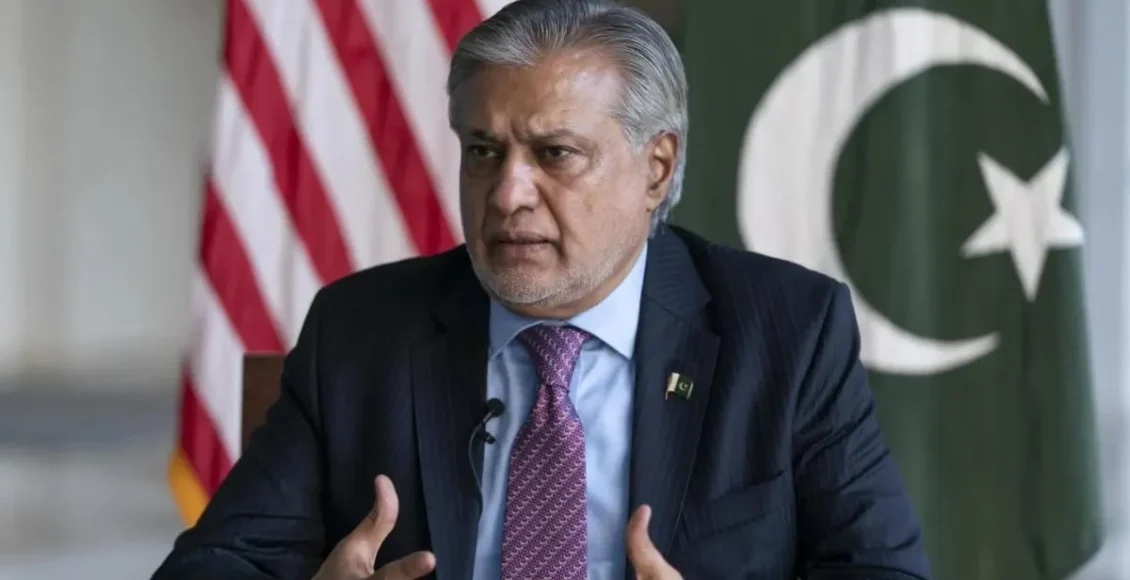Foreign Minister Ishaq Dar has made it clear that Pakistan’s foreign policy remains independent — and friendly ties with Washington will not stop Islamabad from calling out actions it deems unjust. Addressing reporters on Friday, Dar firmly denied that Pakistan had hesitated to criticize the United States following its airstrikes on Iranian nuclear facilities.
He noted that after the U.S. bombed three sites in Iran using B-2 bombers and advanced munitions — in a move that broke decades of American restraint — Pakistan immediately issued a statement condemning the attack. “Good relations don’t mean blind support,” Dar said.
He explained that Iran had every right to retaliate — and it did, by striking a U.S. airbase in Qatar. According to Dar, this calculated response allowed Iran to emerge from the crisis “with dignity,” while the ceasefire between Iran and Israel still holds.
He shared that Iran’s leadership had acknowledged Pakistan’s efforts at the UN Security Council and voiced appreciation during a parliamentary session. “The Iranian Parliament literally echoed with ‘Thanks to Pakistan’,” he said.
Behind the scenes, Pakistan was active diplomatically. Dar detailed an important stopover in Istanbul by Pakistan’s military chief, where both he and Dar joined President Erdogan and senior Turkish officials in high-level talks focused on the unfolding situation in Iran.
According to Dar, Iran reiterated that while it remains committed to peaceful development and has no nuclear ambitions, it cannot remain passive in the face of direct military aggression. Tehran had even coordinated with Qatar before launching its counterstrike.
On regional diplomacy, Dar mentioned Pakistan’s role in convening the OIC Contact Group meeting on Kashmir and reaffirmed ties with both Iran and Turkey under the long-standing RCD-ECO framework.
Responding to a question on India, Dar was firm. “We’re not begging for dialogue. If India wants talks only on terrorism, then we are ready to discuss that — but Kashmir and water treaties must be on the table too,” he said. “Out of 200 countries, we’re sure we can find one suitable venue.”



